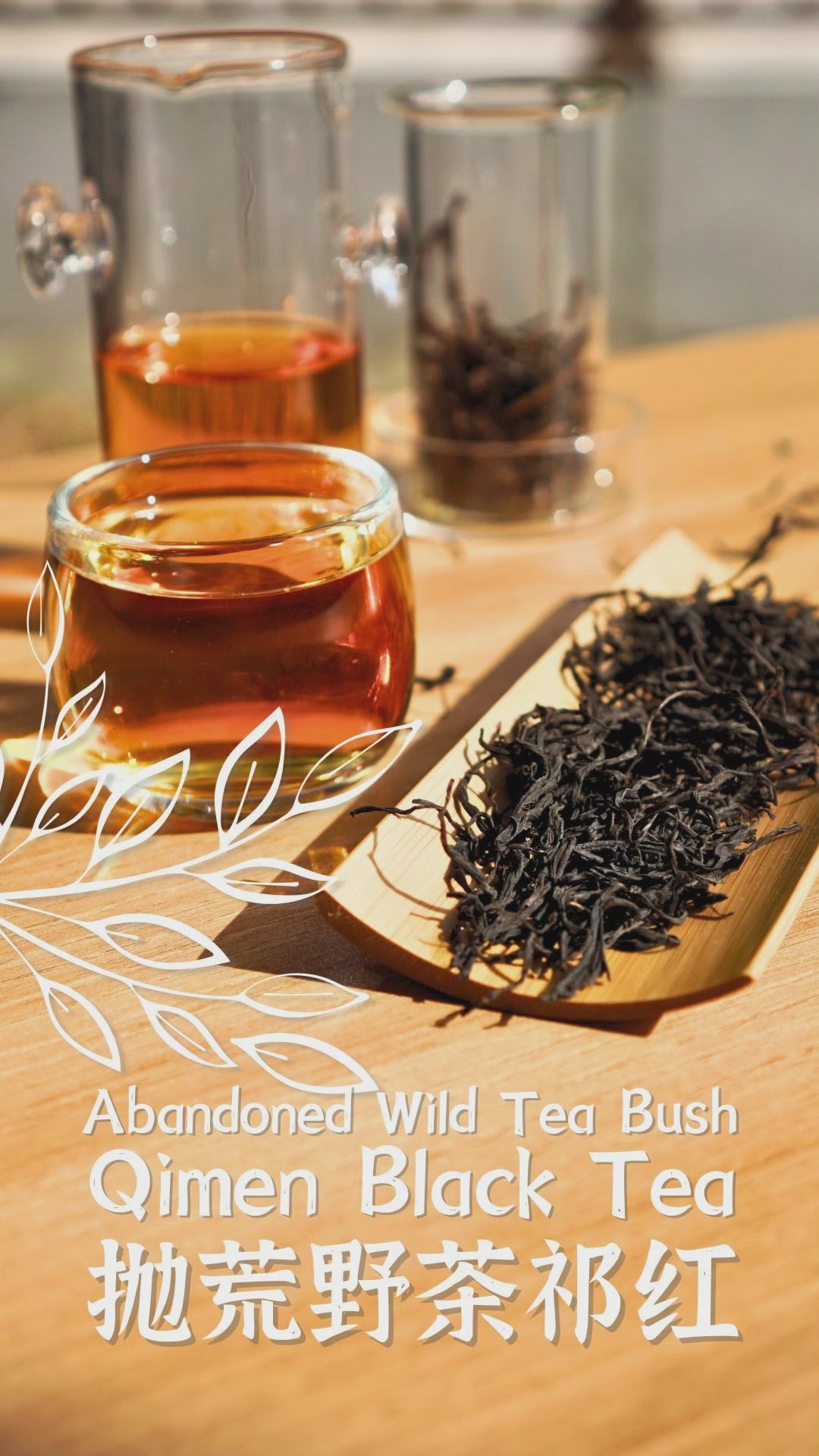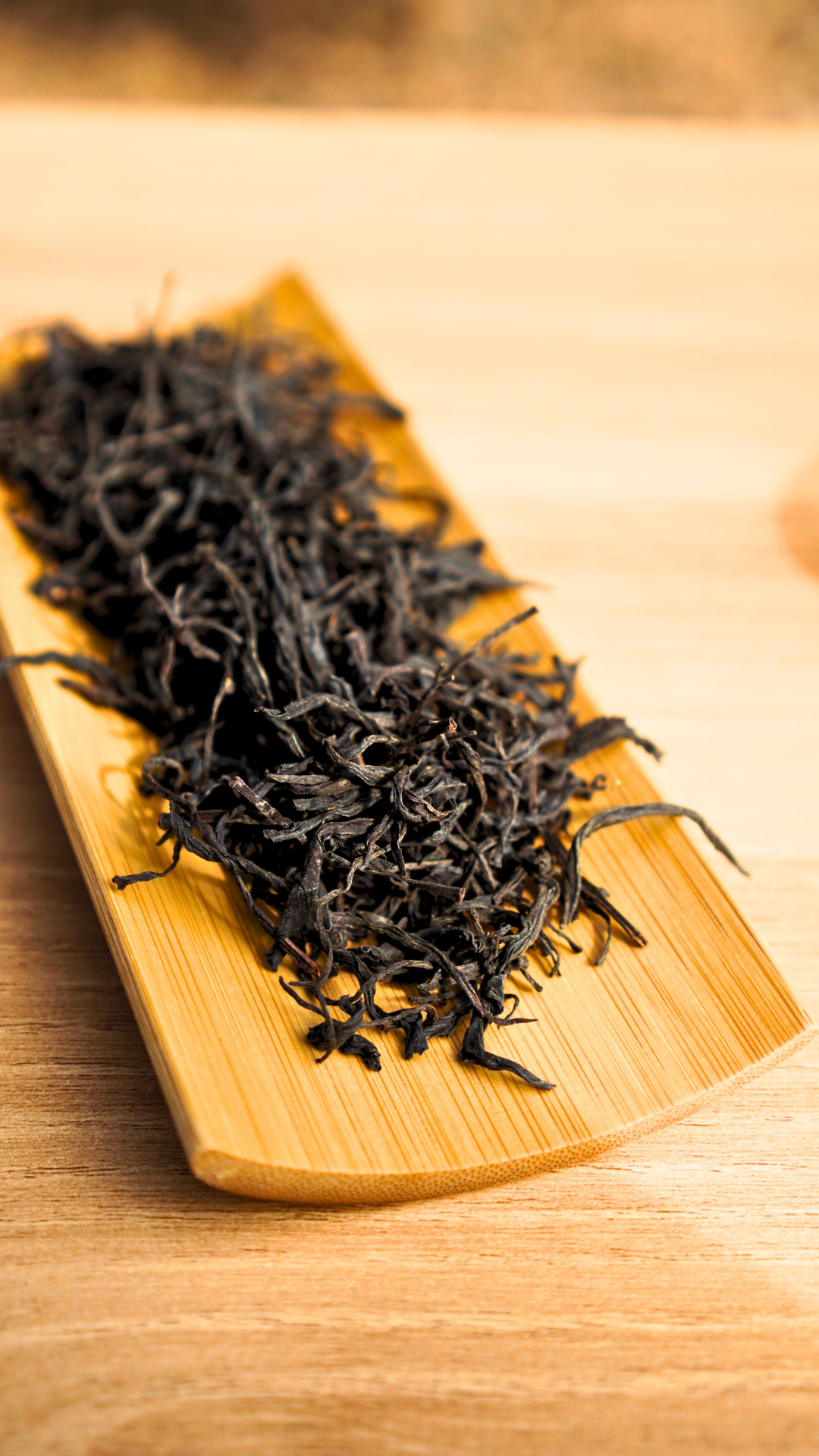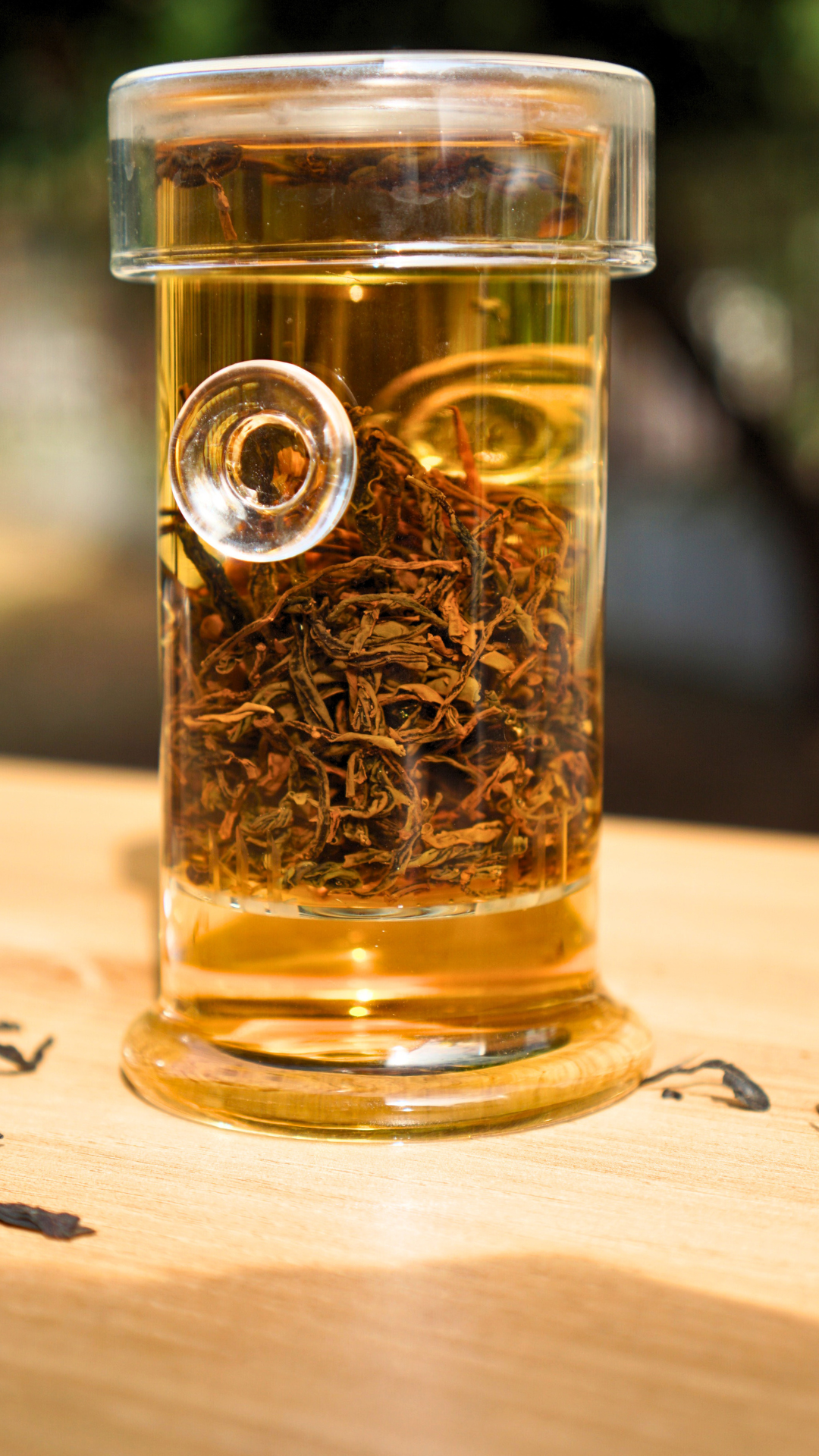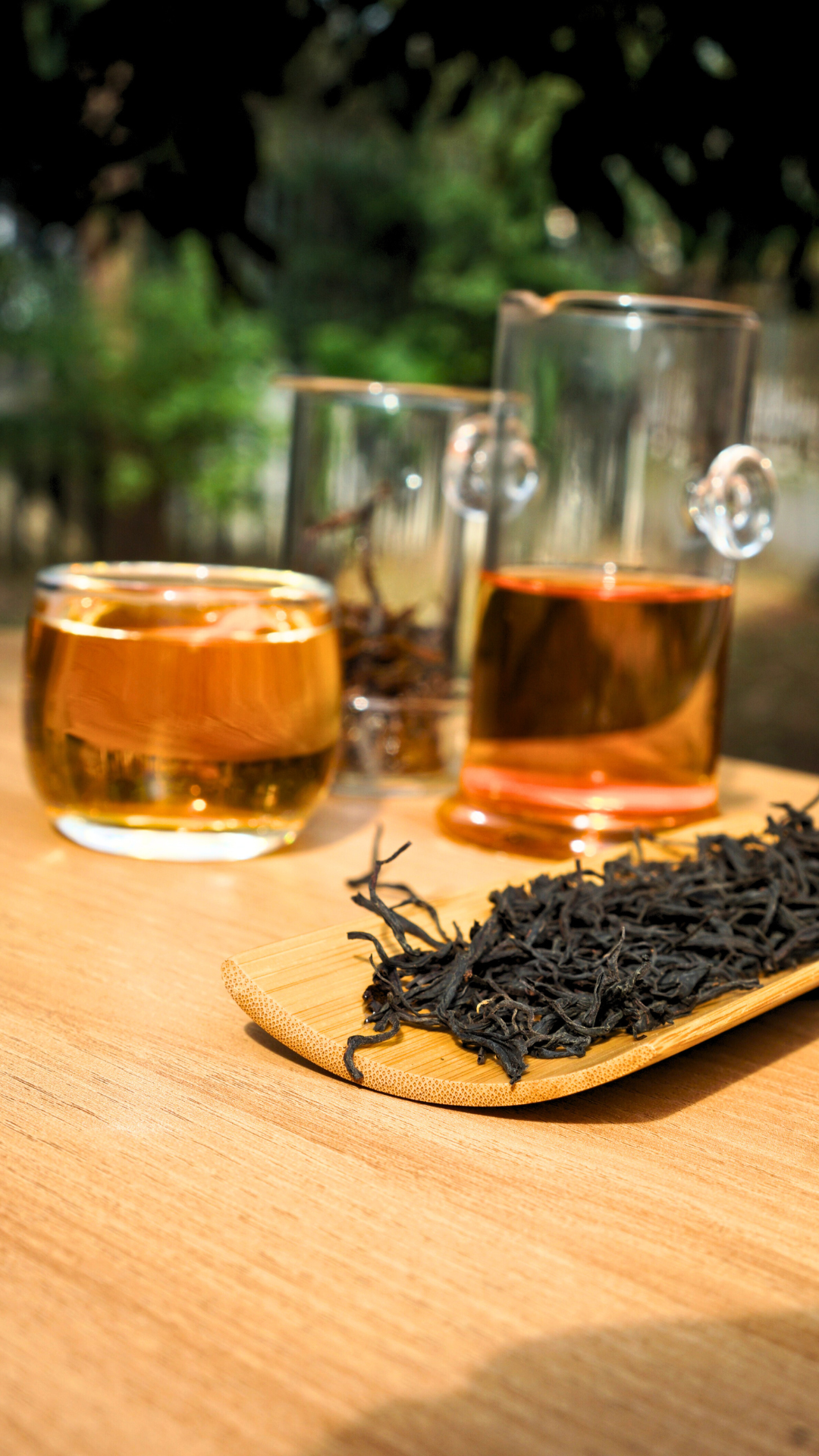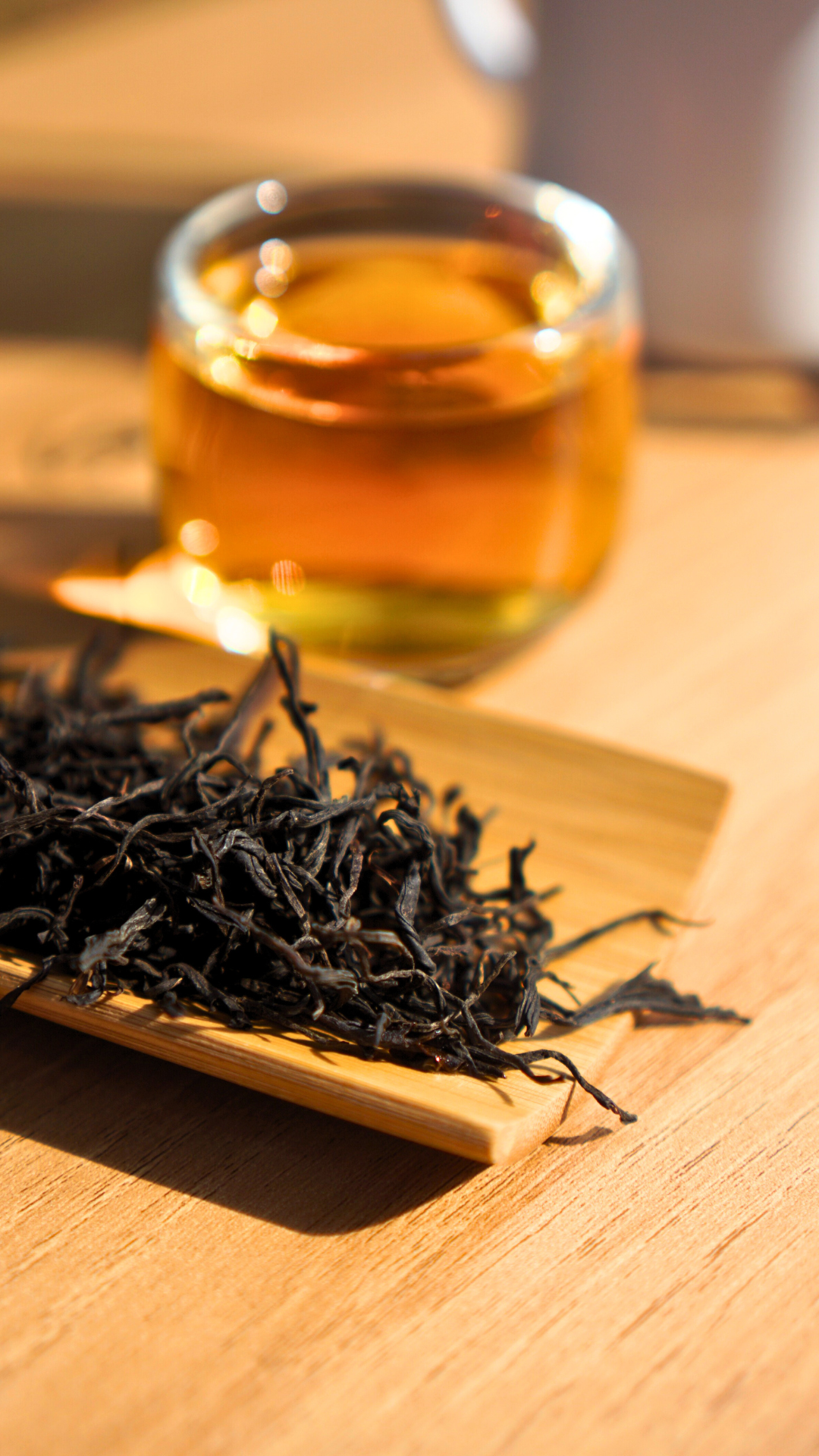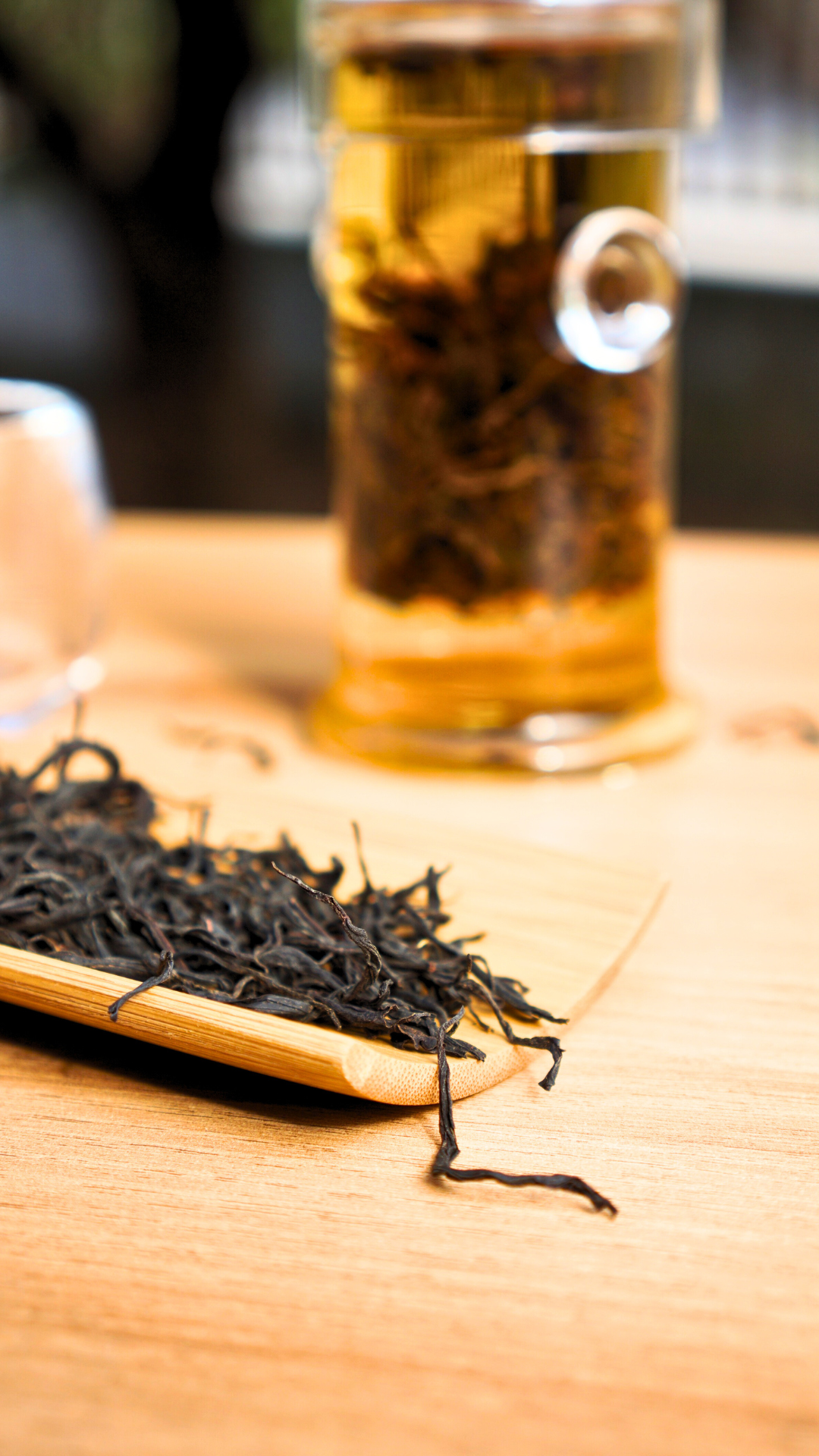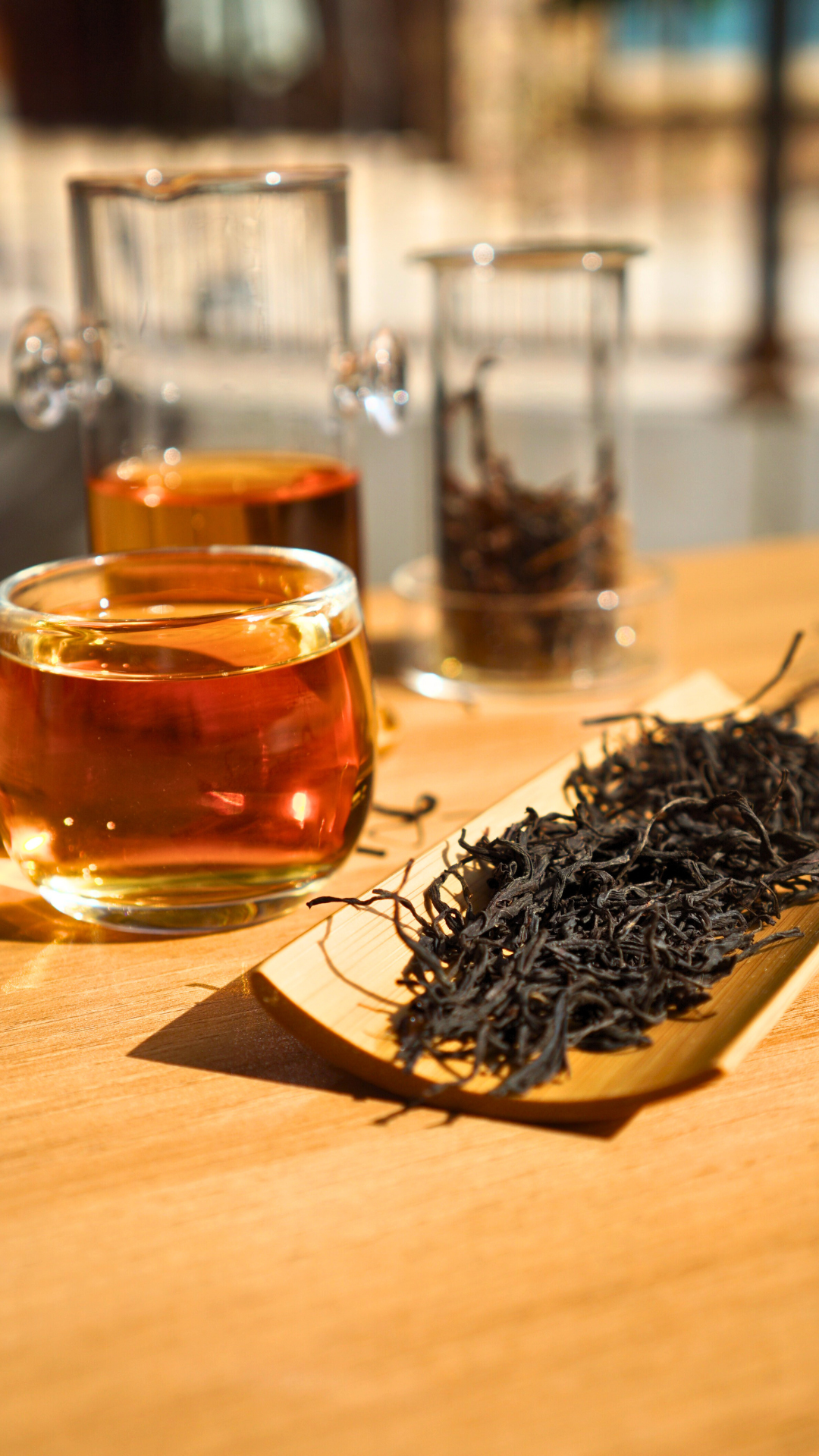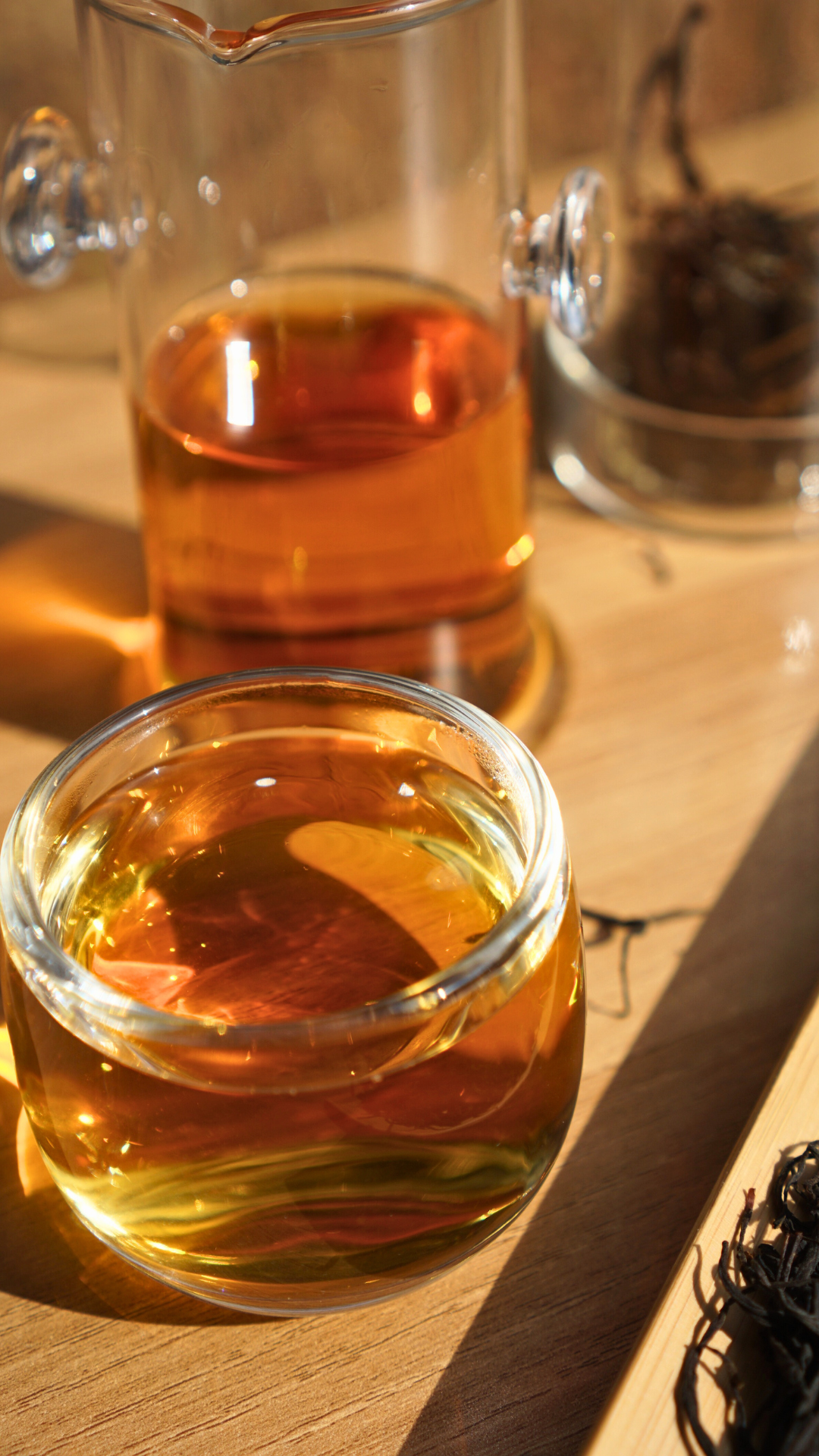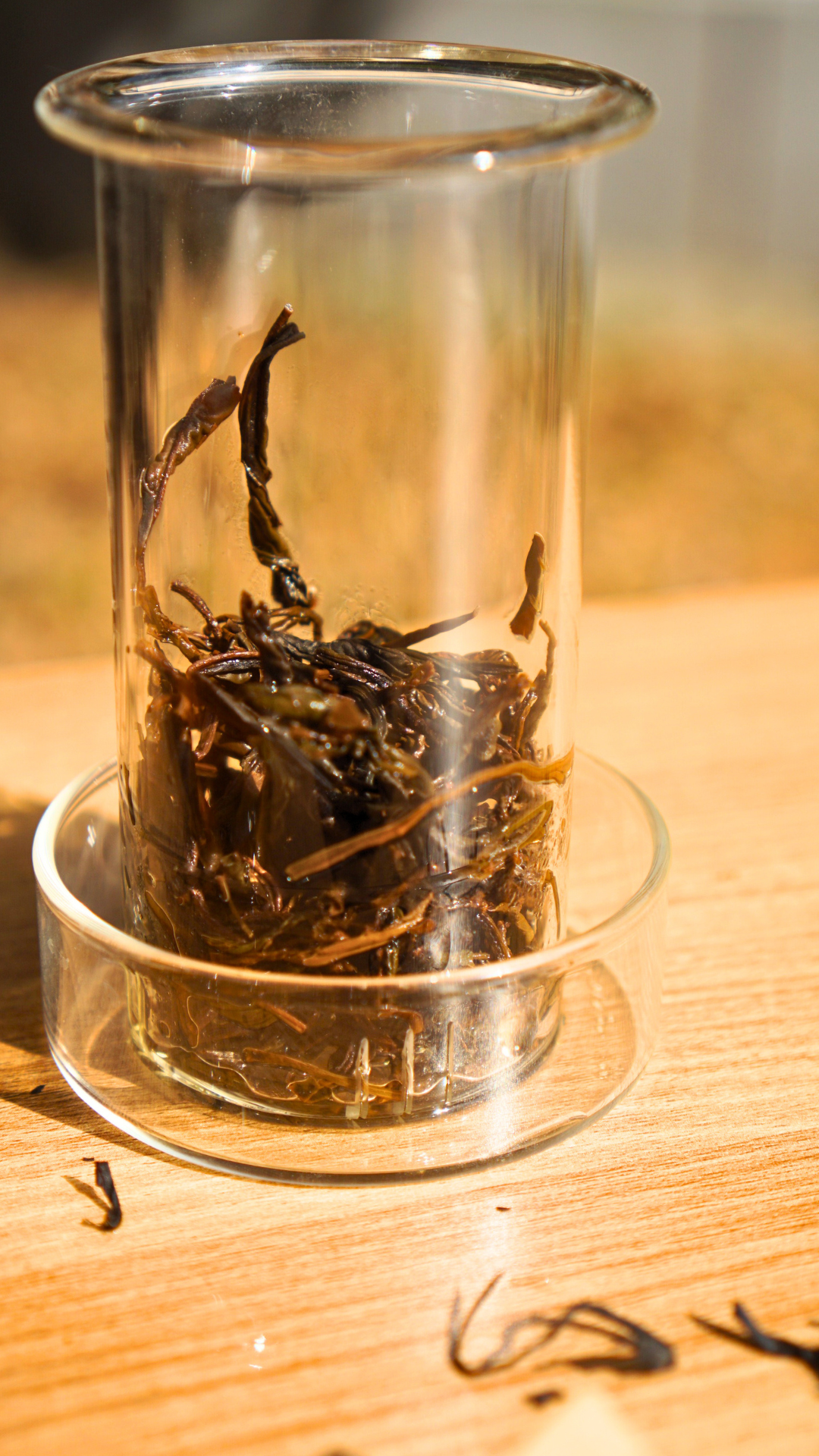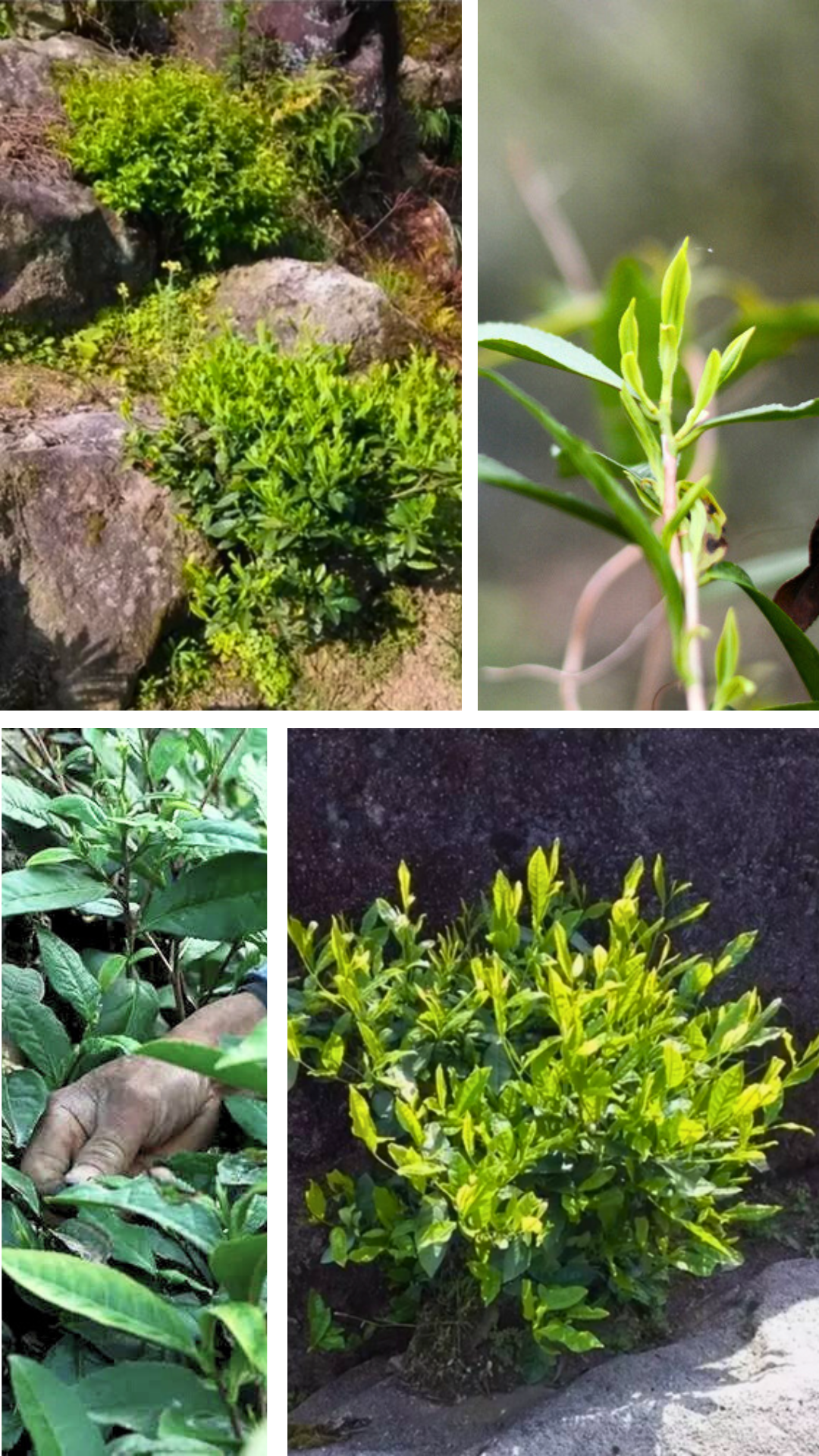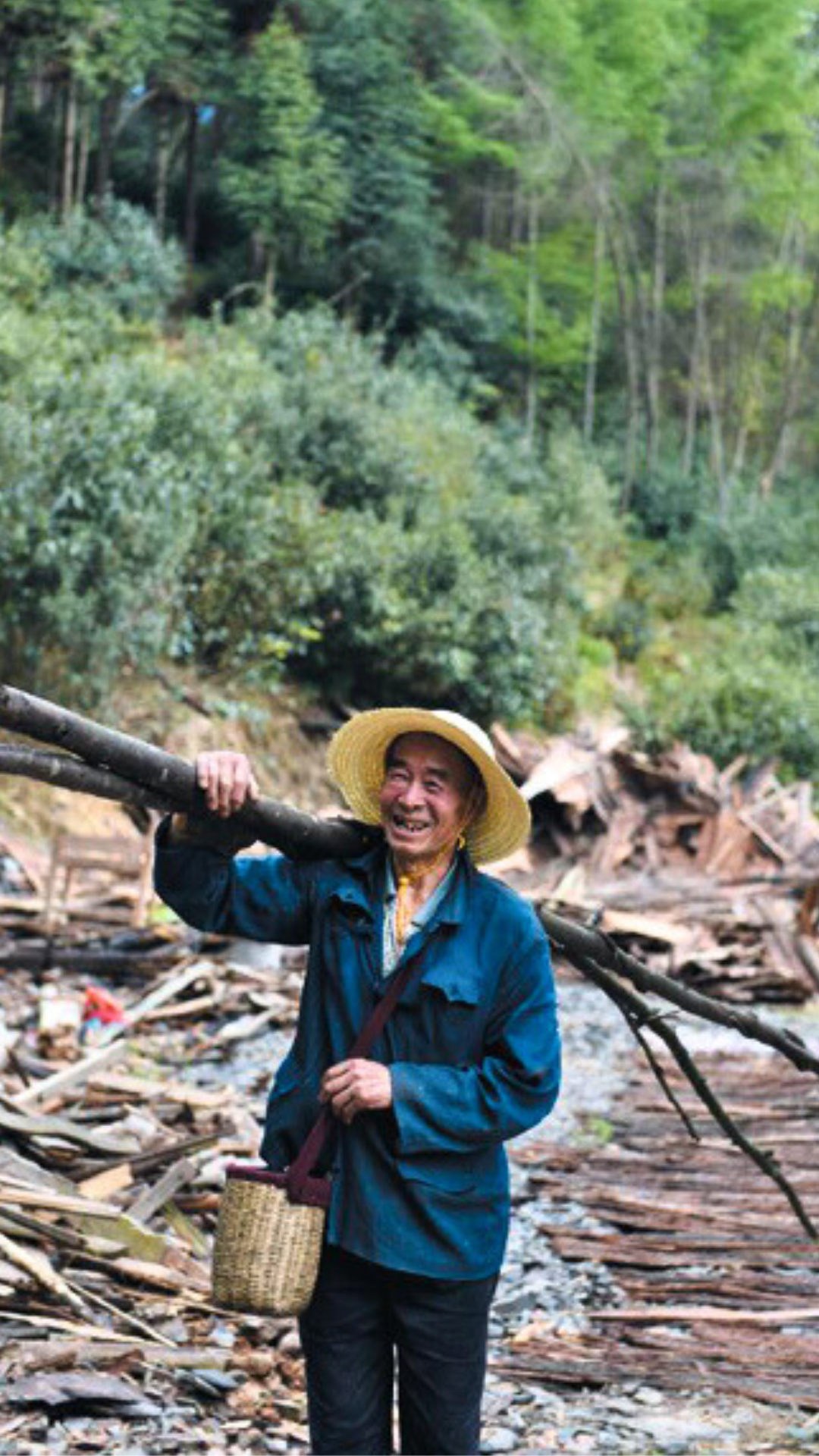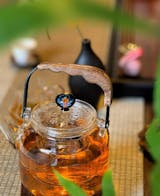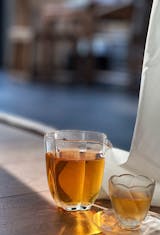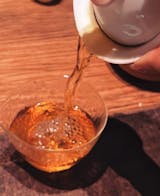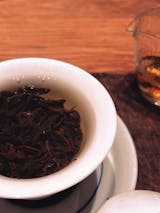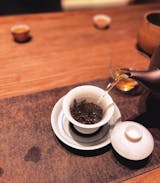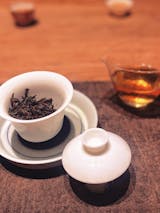Abandoned Wild Tea Bush Qimen Black Tea
Abandoned Wild Tea Bush Qimen Black Tea
抛荒野茶祁红
This wild Qimen black tea from abandoned tea fields is harvested from the villages and towns surrounding Likou County(历口县) in Qimen City(祁门市). Locals call it "coarse tea,"(粗茶) as it often grows scattered across small plots of wild or forest land. Due to the difficulty of managing such areas, the tea bushes are left to grow naturally without fertilizers or pruning, resulting in a longer growth cycle.
Wild-grown tea is generally less refined and orderly compared to plantation tea. The leaves are typically harvested as coarse stems and large leaves, often picked casually by local farmers while tending their fields, then collected and sold to primary tea processing workshops. These workshops then sell the raw tea leaves to tea factories for further refinement. Wild tea is harvested only once a year, in the spring.
The long growth cycle gives this wild tea rich internal substances, imparting a strong and vibrant floral and fruity aroma to the dried tea leaves, as well as a thick, full-bodied flavor to the tea liquor.
Although this wild Qimen black tea has uneven sizes and shapes, it is meticulously refined using traditional Qimen black tea processing methods. The tea leaves are tightly rolled, heavy in hand. The sound of pouring tea into the cup is crisp and clear. It has a glossy black appearance, and emit a strong, sweet aroma.
Wild tea is highly durable for steeping. To fully bring out its fragrance, it is best brewed with boiling water at above 95°C in the gongfu tea style. It can also be boiled or enjoyed with added sugar, milk, or lemon to make lemon black tea or milk tea. When boiled, the rich floral and fruity aroma fills the entire room, creating an incredibly pleasant scent.
The tea liquor is bright red and heavy, with a rich and mellow taste. It has a visible golden rim (known as "golden circles") and a syrupy texture. The flavor carries a robust mountain character. The infused tea leaves are lively and bright, soft, full, and exhibit a bronze hue.
This wild tea from abandoned fields is perfect for seasoned tea lovers who enjoy highly aromatic and thick brews. It’s an excellent value and worth buying in larger quantities to store. Over time, the tea becomes increasingly fragrant as it ages. After 3–5 years of storage, any bitterness or astringency fades entirely, and the tea becomes wonderfully sweet and delicious when boiled.
Picking and Processing
Picking and Processing
Tea gardens typically harvest in April, with high requirements for leaf tenderness. Spring tea is harvested in 6-7 batches, primarily picking one bud with one to two leaves.

Key processing points for Gong Fu black tea:

Withering: After picking, fresh leaves are placed in withering troughs or withering machines, or can be spread on the floor for natural withering. The purpose of withering is to evaporate appropriate amounts of moisture, making leaves soft and more resilient, promoting internal chemical changes, and eliminating the grassy smell. Generally, withered fresh leaves should reach about 65% water content. Under normal temperature and humidity, natural withering takes 7-8 hours. Withering time is shorter with higher temperatures and lower humidity, and longer in opposite conditions. Proper withering is indicated by shrunken, soft leaves that clump when squeezed but separate when released, darkened color, loss of shine, reduced grass smell, and emerging fragrance. Withering is a crucial processing stage for developing black tea's aroma.

Rolling: The rolling process for strip-style black tea is similar to green tea, but with higher standards - the strip formation rate must exceed 90%, cell destruction rate over 80%, and tea juice should ooze but not drip. Therefore, higher performance is required from rolling machines.

Fermentation: Fermentation is a unique stage in black tea processing, allowing polyphenols to fully oxidize, creating black tea's characteristic color, aroma, and taste. Black tea is called fermented tea because its red liquor and leaves result from fermentation. Currently, Kung Fu black tea processing still follows traditional methods, with a relatively long processing cycle - over 4 hours from rolling to drying. Fermentation actually begins during rolling, with separate fermentation on the floor lasting only about 2 hours. The ideal fermentation temperature is 24-25°C, with humidity above 80%. Air circulation is necessary for complete oxidation. Proper fermentation is achieved when the grassy smell disappears, aroma develops, and leaves turn red.

Drying: Drying is the final step in black tea processing, aimed at stopping fermentation, evaporating moisture, and achieving crude tea product requirements. Black tea drying typically uses drying machines with a two-stage process.
The first stage is called rough drying, the second final drying. Rough drying should achieve 20%-25% moisture content, final drying 4%-6%. Between stages, tea leaves are cooled and allowed to reabsorb some moisture before the second drying. Drying temperatures follow the principle "high for rough drying, low for final drying" - high being 110-120°C, low being 85-95°C.
Brewing
Brewing
White porcelain teaware is best suited for brewing Gong Fu black tea, such as white porcelain gaiwan, white porcelain teapot, white porcelain cups, etc.
First rinse all utensils with hot water, then add about 3-5 grams of black tea, and pour 90°C~95°C hot water into the gaiwan to 2/3 full, then quickly pour it out - commonly known as "tea rinsing."
When pouring with the teapot, the steeping times from the first to tenth infusion should be approximately: 15 seconds, 25 seconds, 35 seconds, 45 seconds, 1 minute, 1 minute 10 seconds, 1 minute 20 seconds, 1 minute 30 seconds, 2 minutes, 2 minutes 30 seconds. The steeping time can be adjusted according to personal preference.
After brewing, it is recommended to pour the tea into white porcelain cups for appreciation. If a golden ring remains on the cup wall for a long time without dissipating, such black tea is considered premium and precious.
Black Tea Storage
Black Tea Storage
The quality of black tea is determined during the fermentation
process, and if stored properly, its quality remains relatively stable. Black tea has a long shelf life that can last for several years.
The key principles for storing black tea are: avoid light exposure, keep sealed, maintain room temperature, and prevent moisture.
1. Storage Container Selection
Although tea often comes with canisters or bags when purchased, it's best to use professional containers for long-term storage. The ideal containers for tea are made of porcelain, stainless steel, or tinplate. Before placing black tea inside, wrap it in plastic bags and remove air from the bags to better preserve the tea's aroma.
2. Storage Environment Conditions
The storage environment directly affects the quality of tea preservation. The optimal storage environment for tea should be dry, room temperature, and away from light. Additionally, avoid humid conditions, as black tea can easily absorb moisture and deteriorate. Direct sunlight will destroy vitamin C in tea leaves and alter their color and taste; high temperatures will accelerate the breakdown of effective components, reducing nutritional value.
3. Storage Duration
Although black tea can be stored for long periods, even under optimal storage conditions where it can maintain its flavor for 3-5 years, it is still recommended to consume it within 1 year.
- Gong Fu Black Tea
- 500g/pouch
- Free Shipping
Couldn't load pickup availability
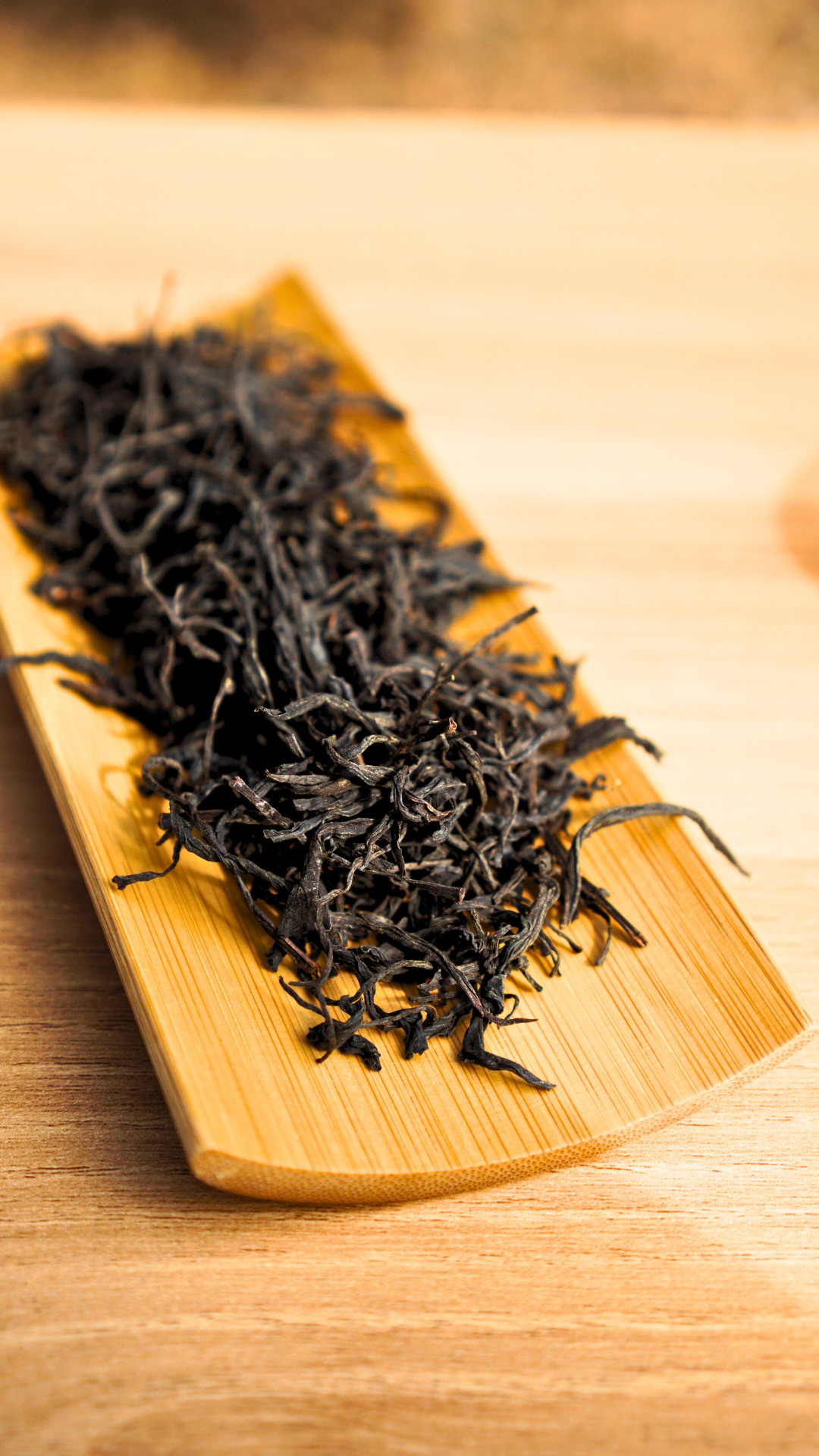
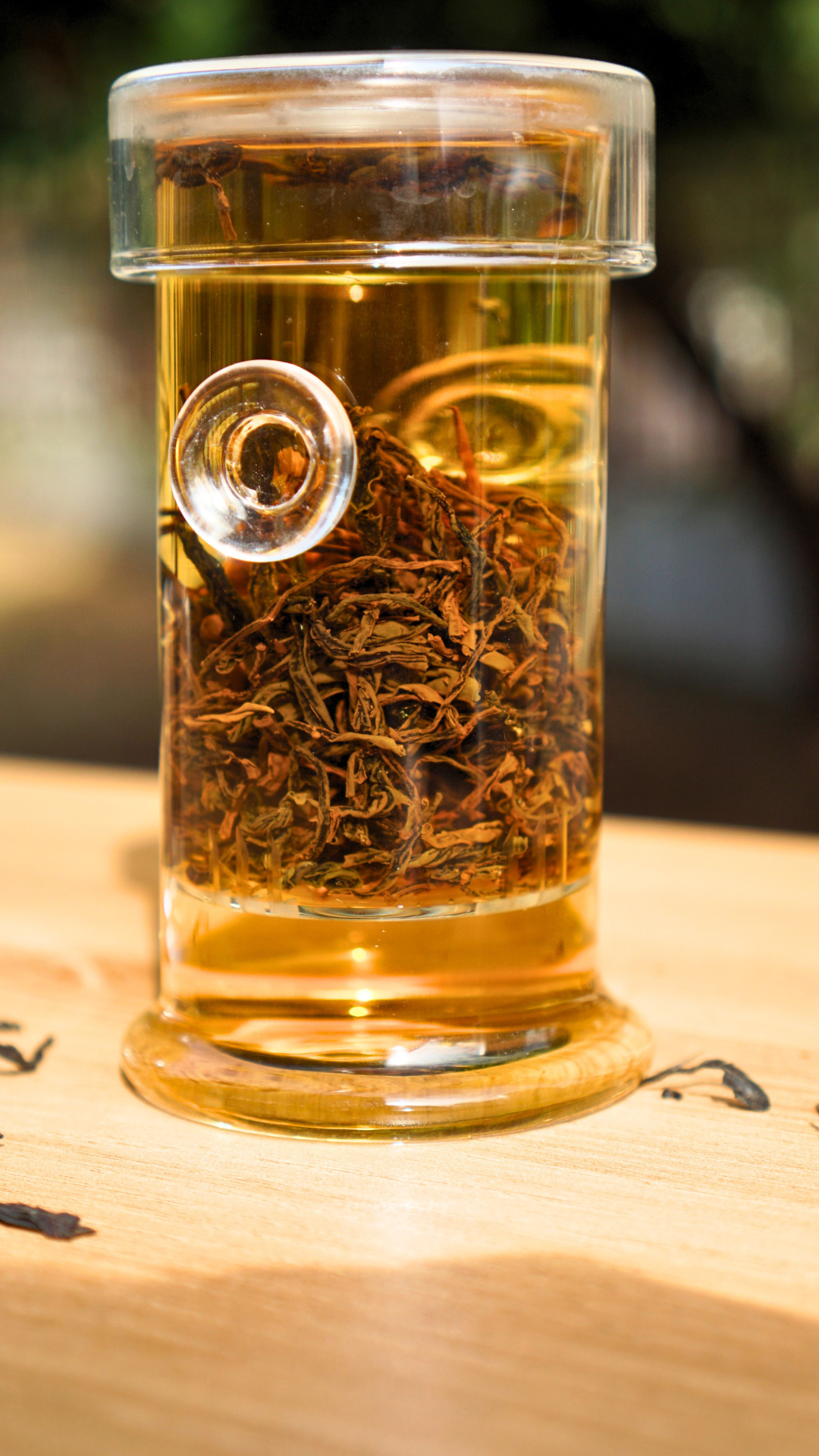
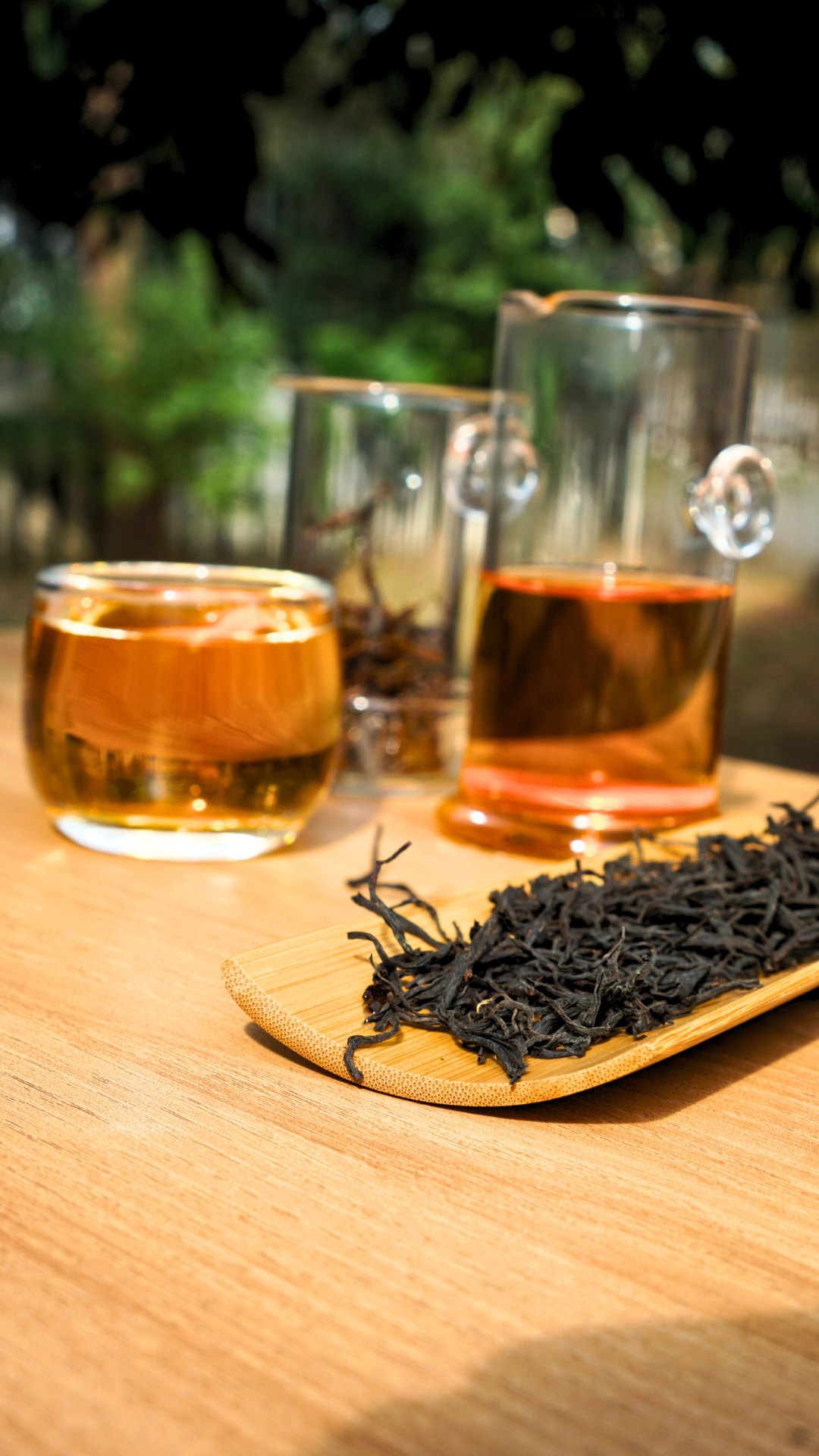
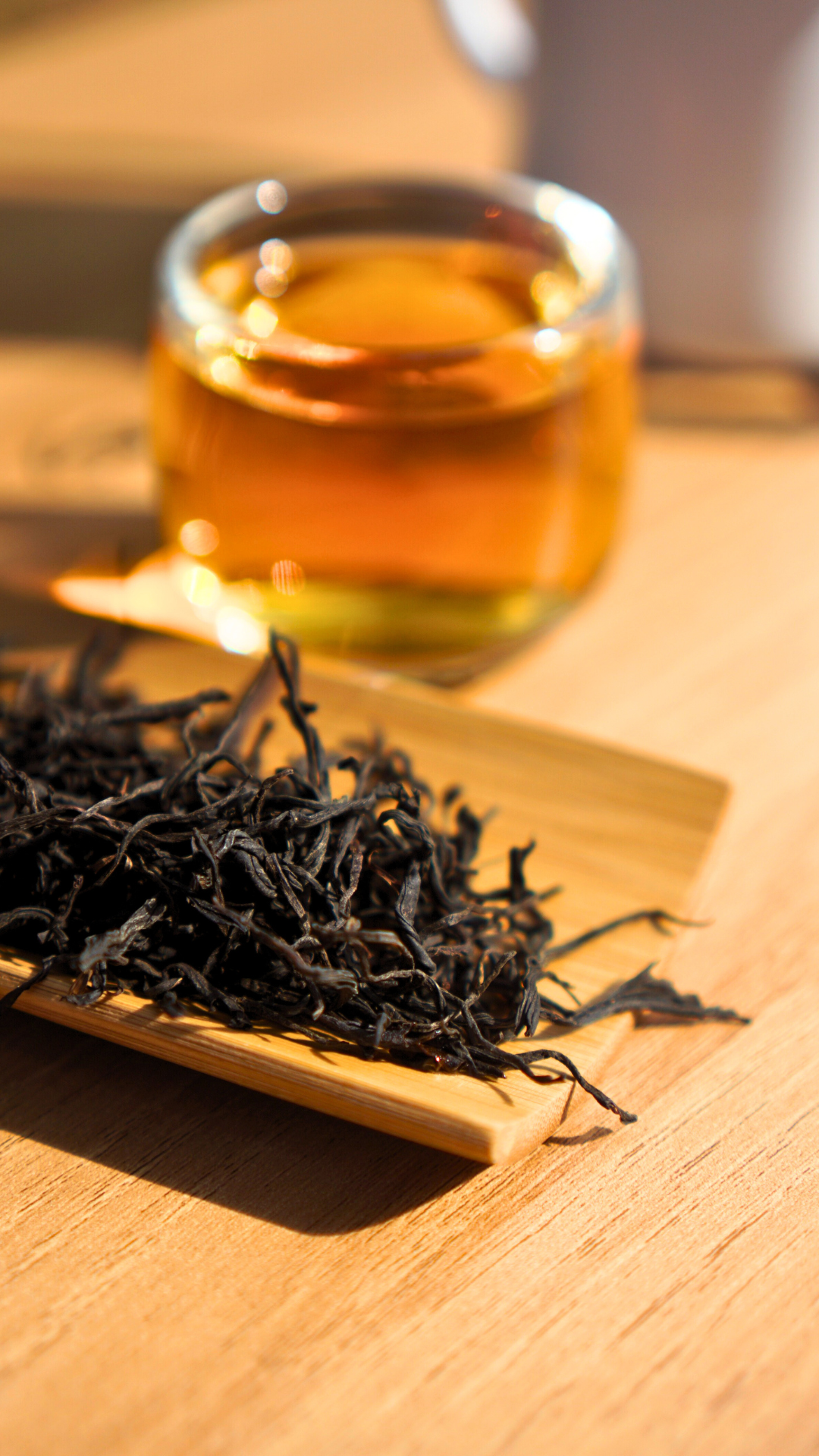
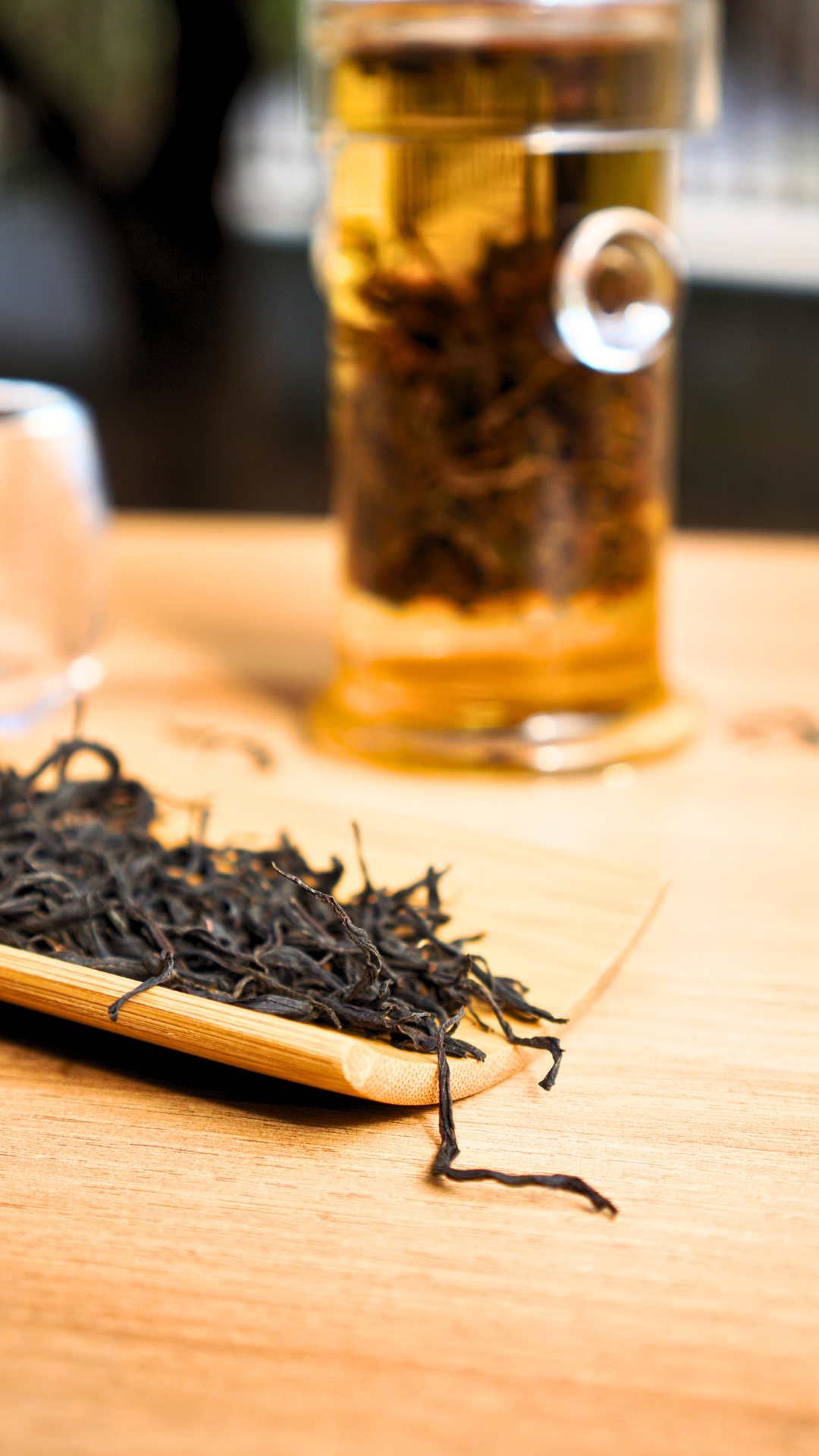
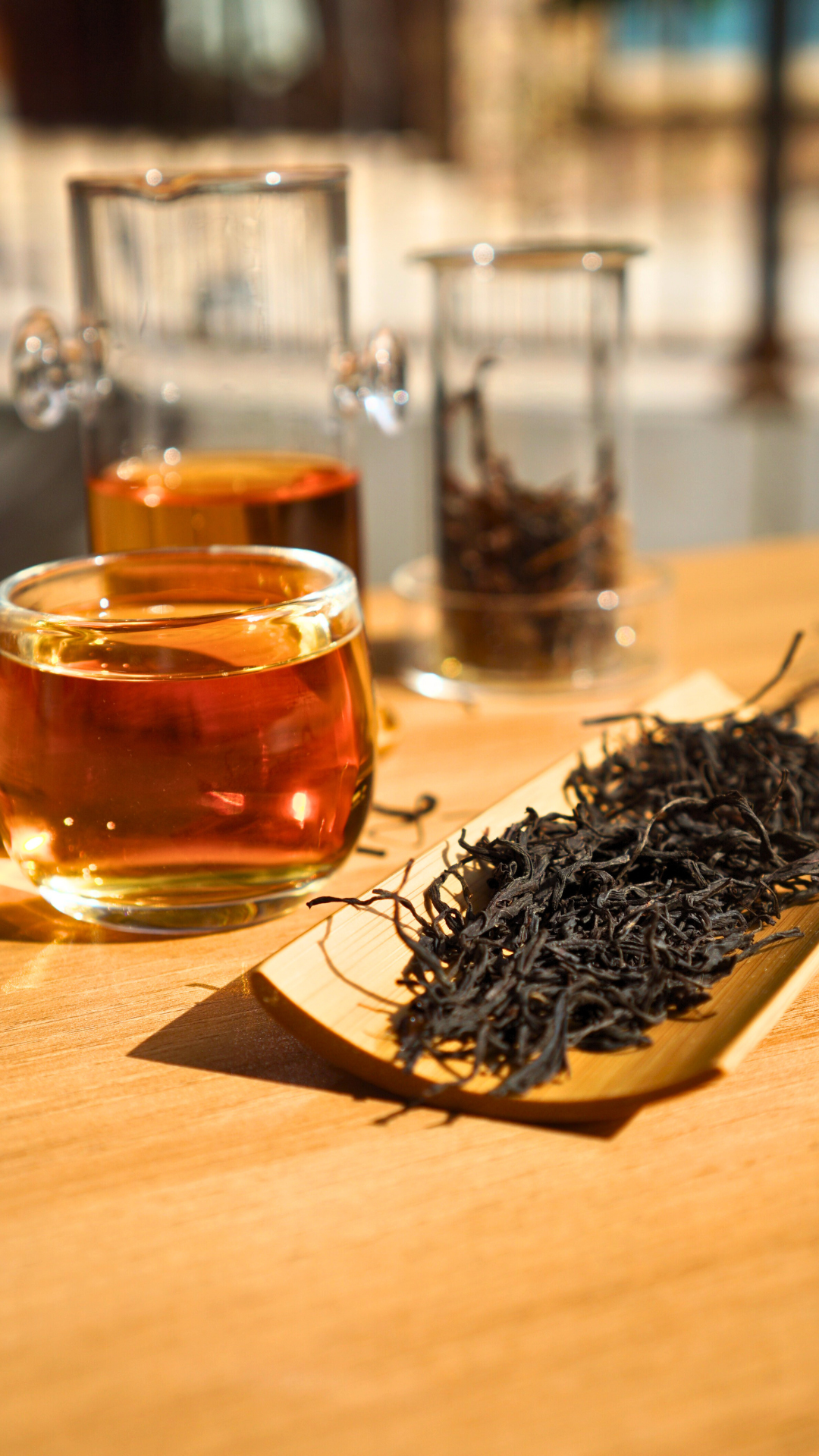
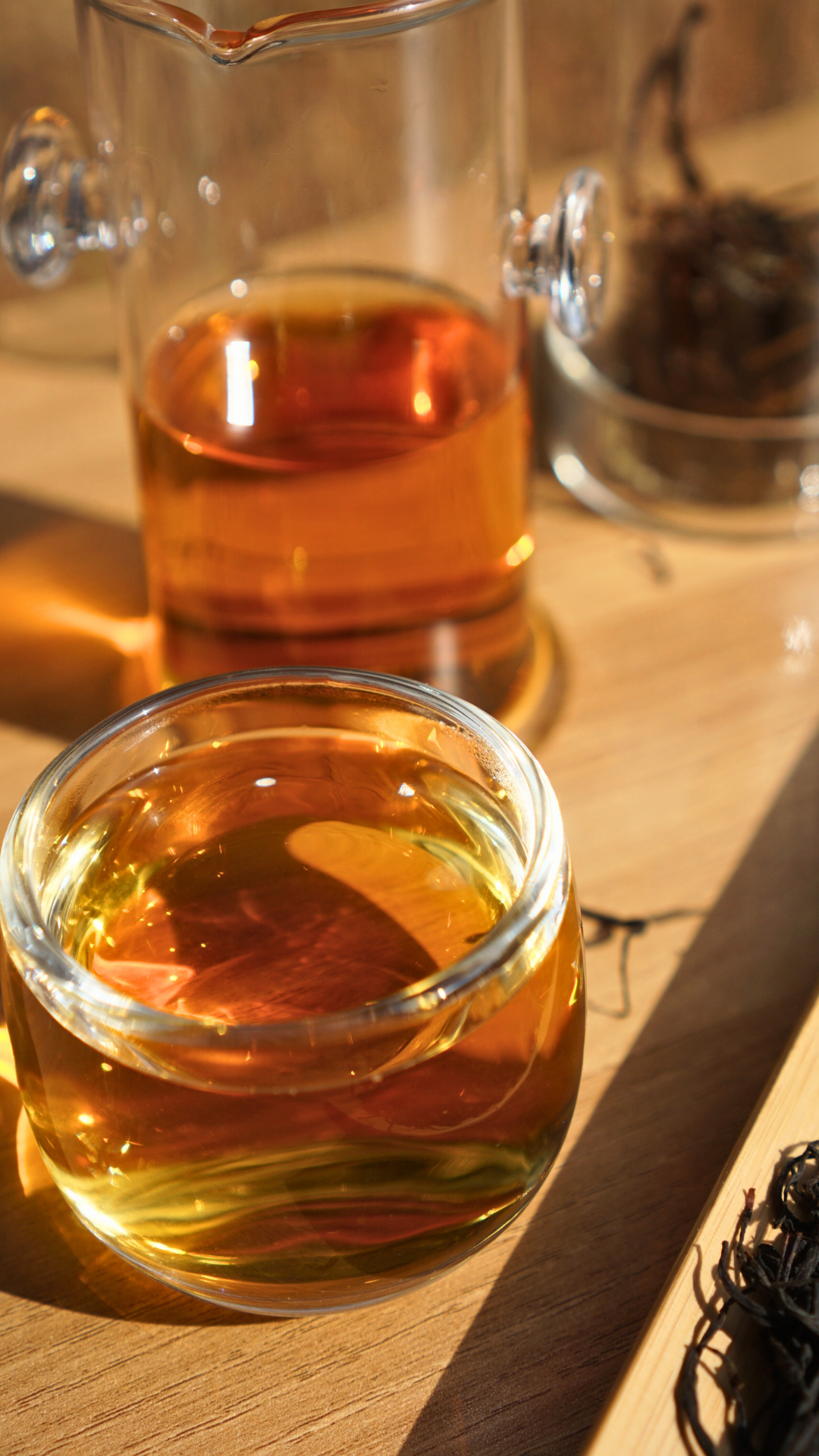
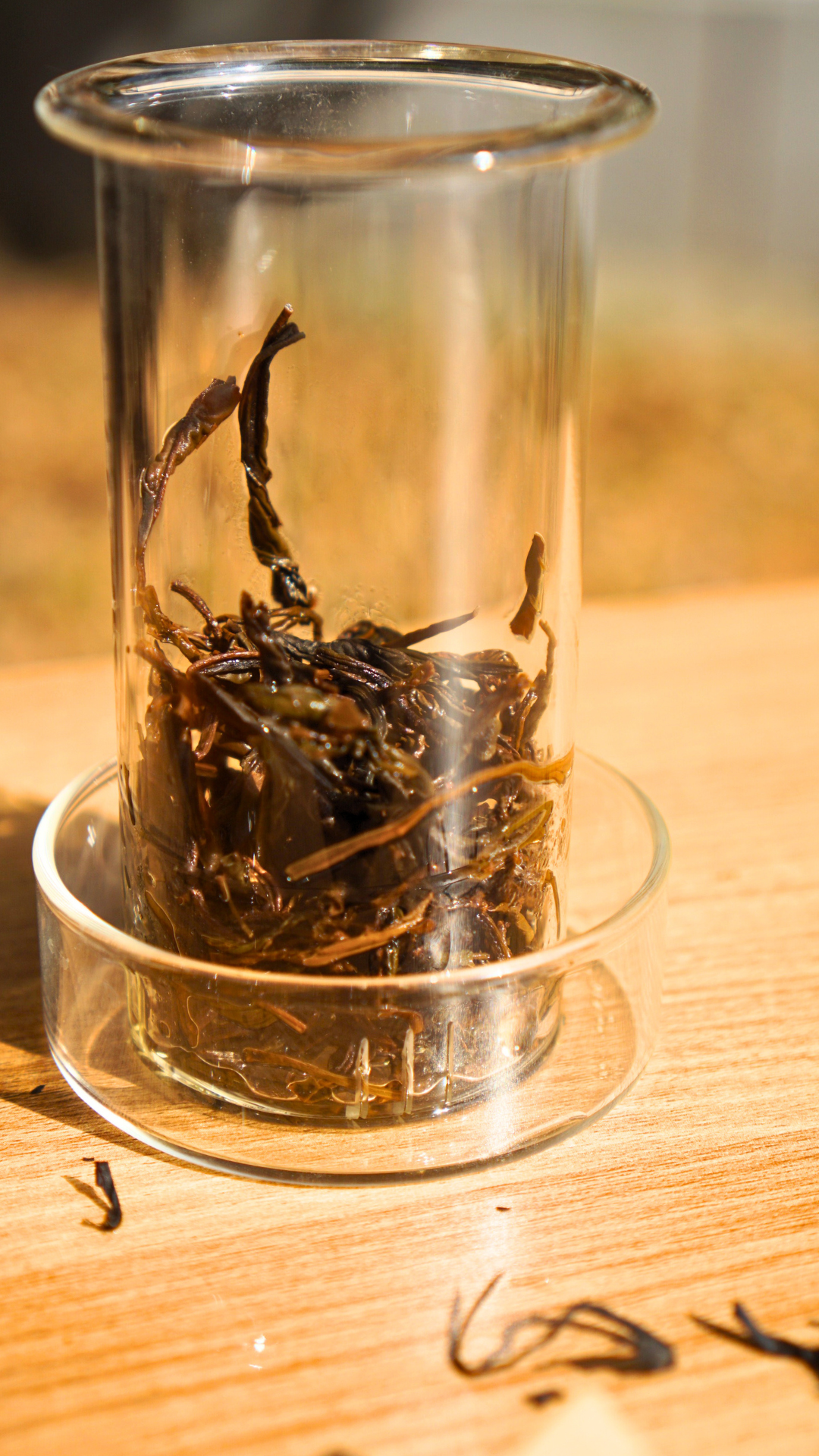
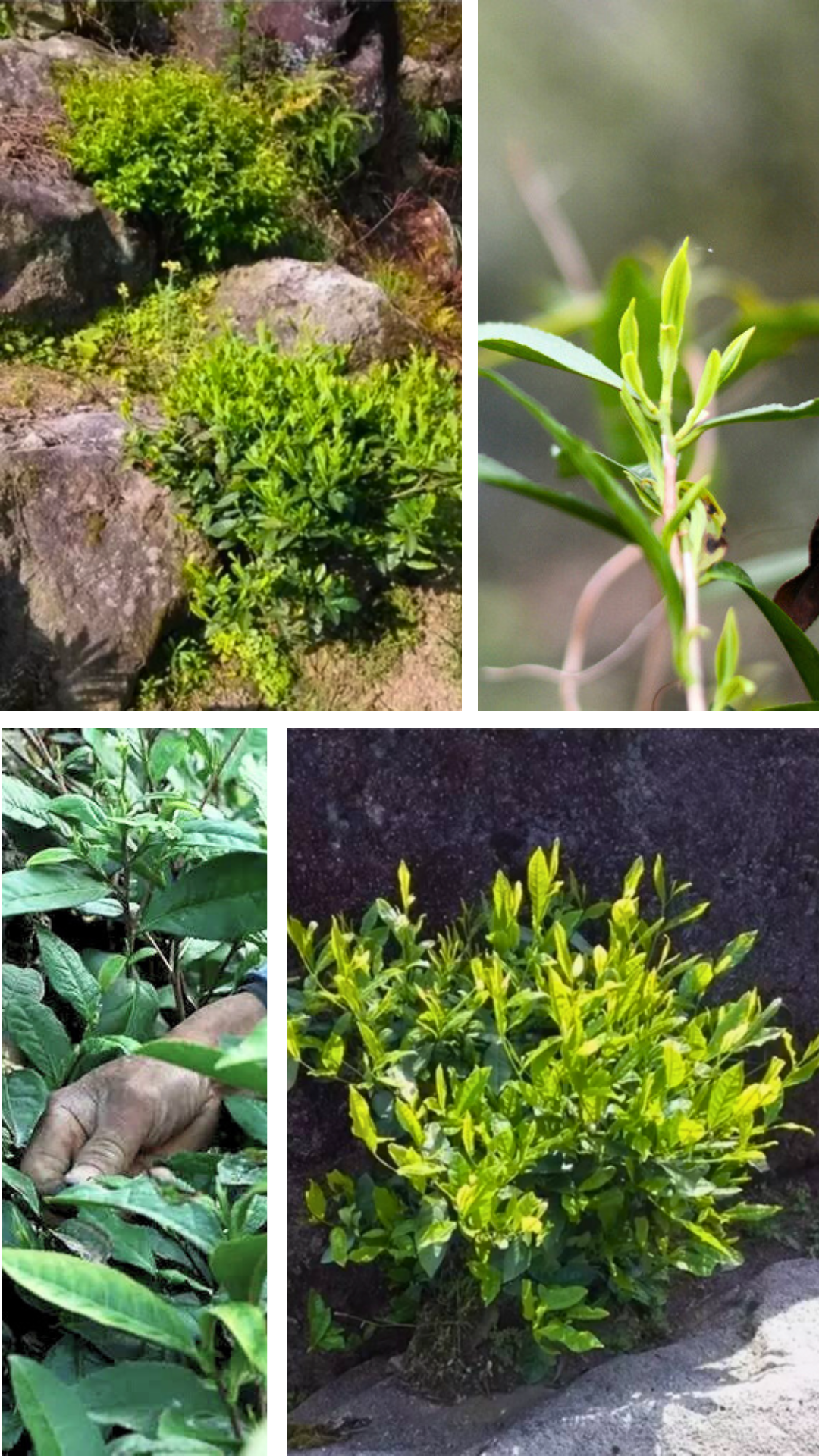
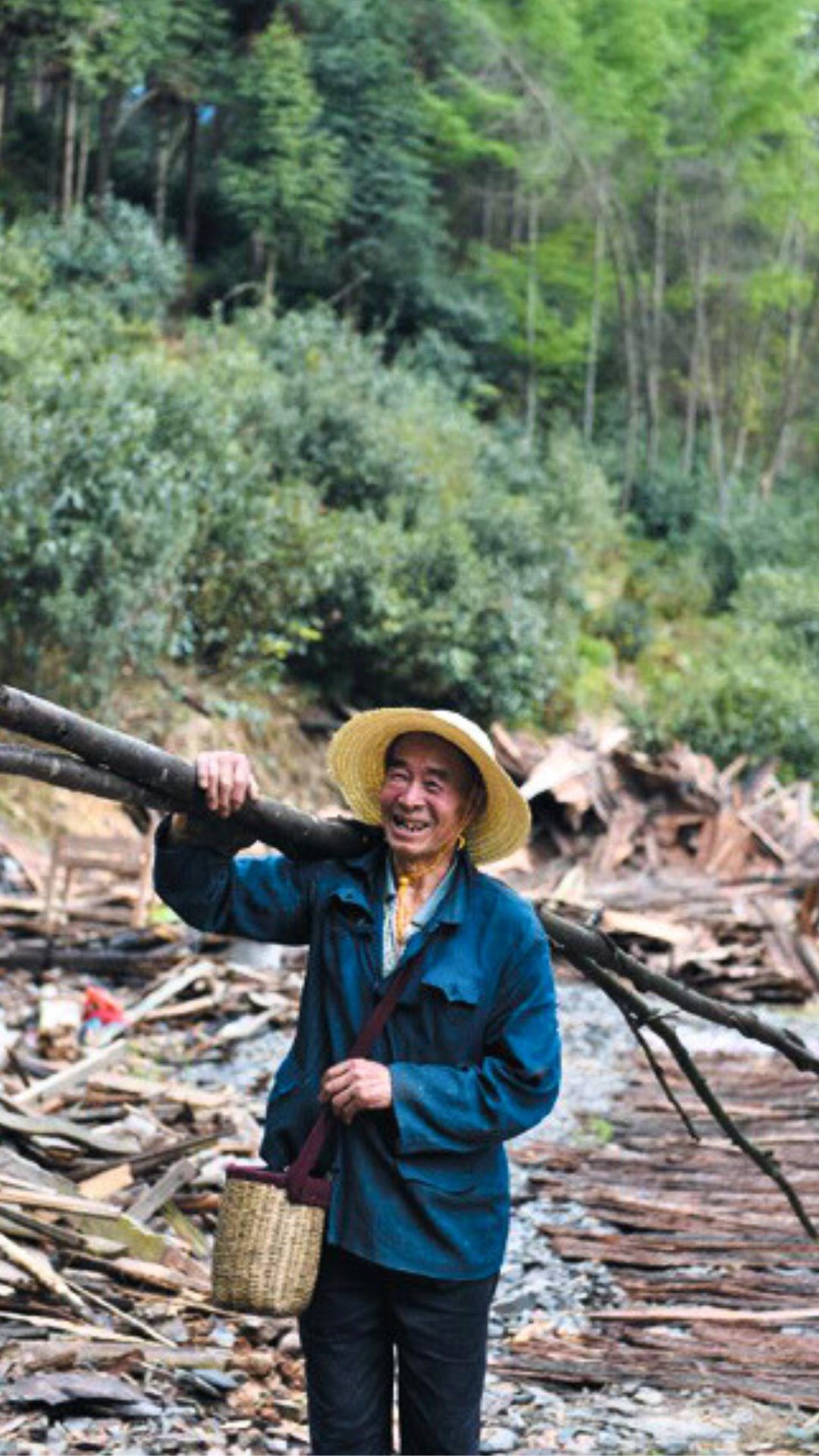
This tea is incredibly full-bodied! It’s earthy, malty, and strong enough to kickstart my mornings. I like it straight or with some dry flowers. Compared to other black teas, this one has a noticeably brighter flavor.
Очень хороший красный чай, такой сладкий и ароматный!

